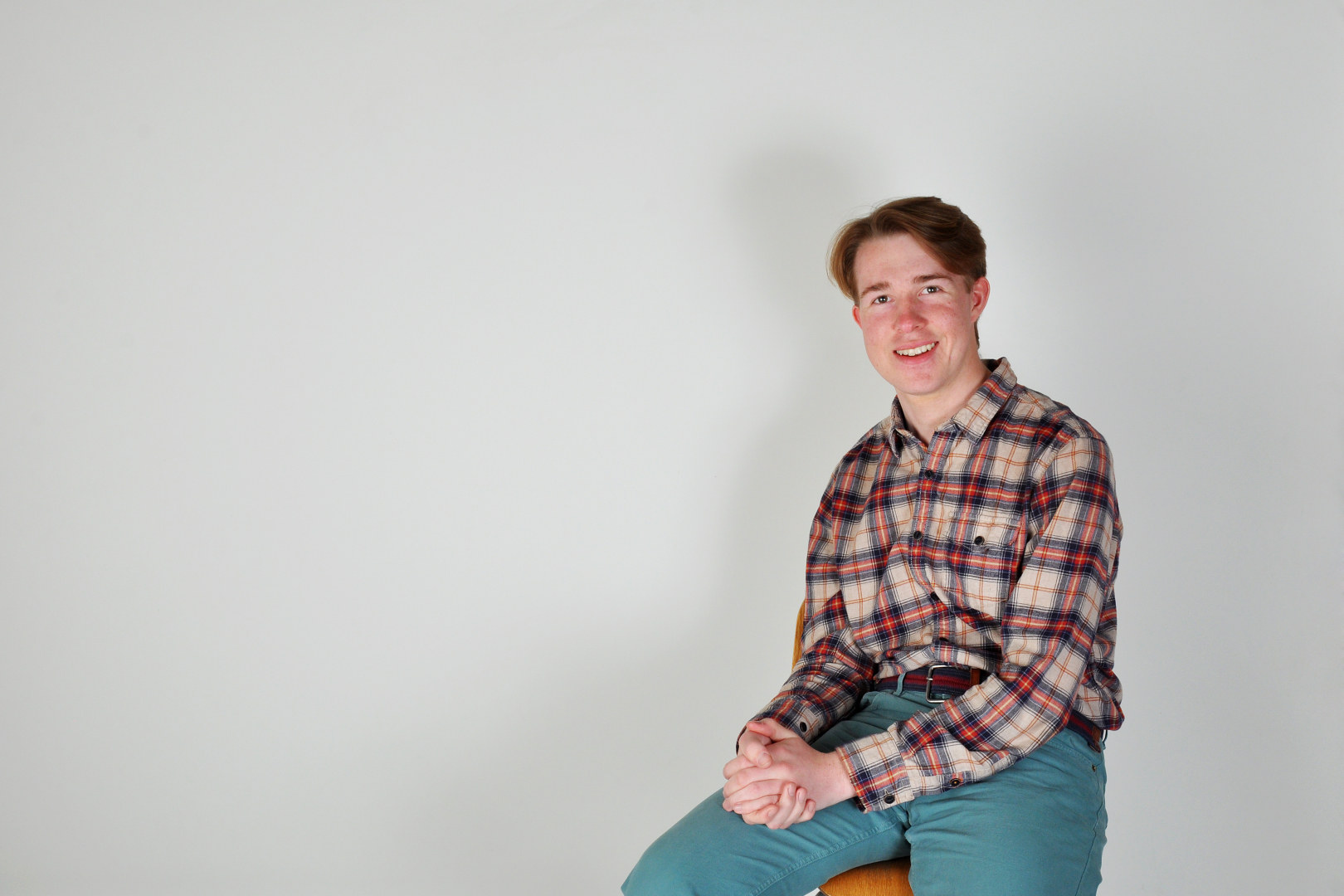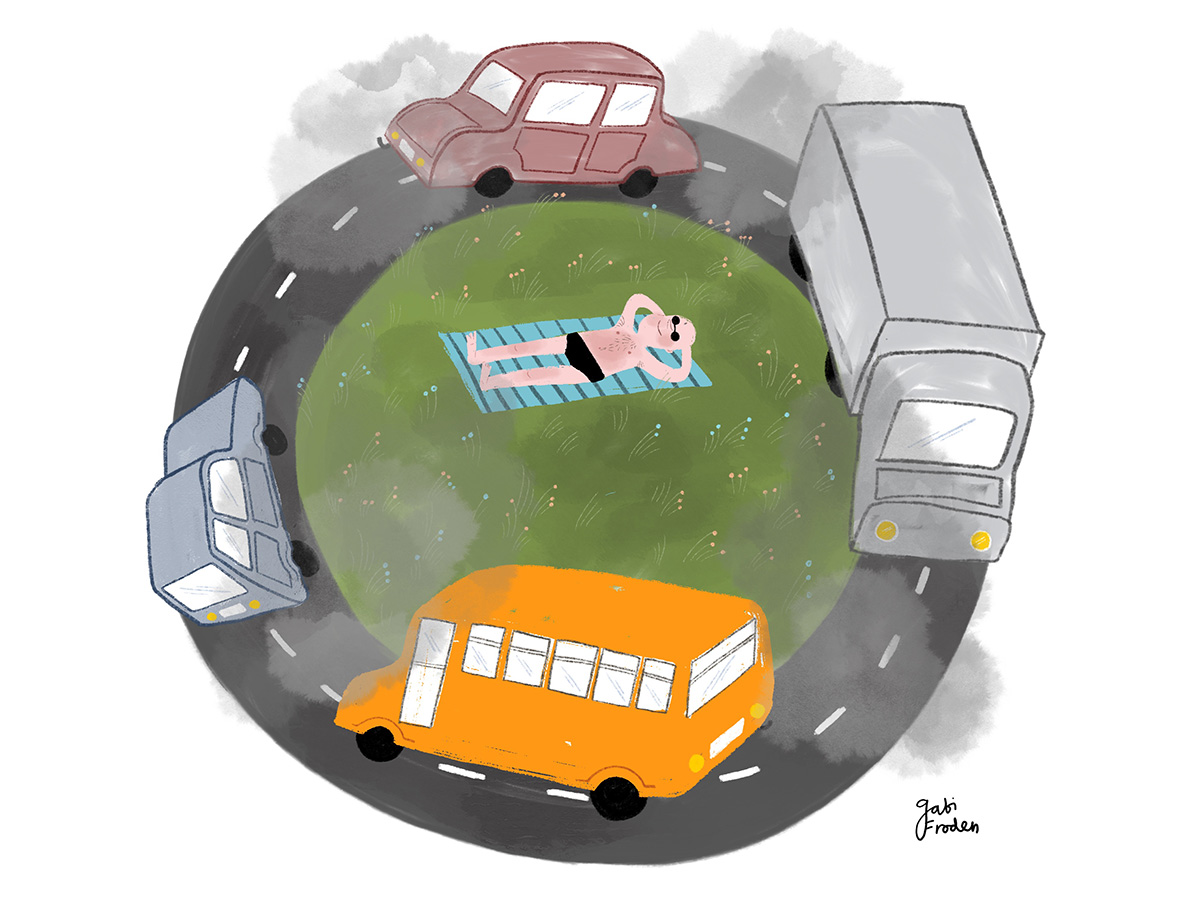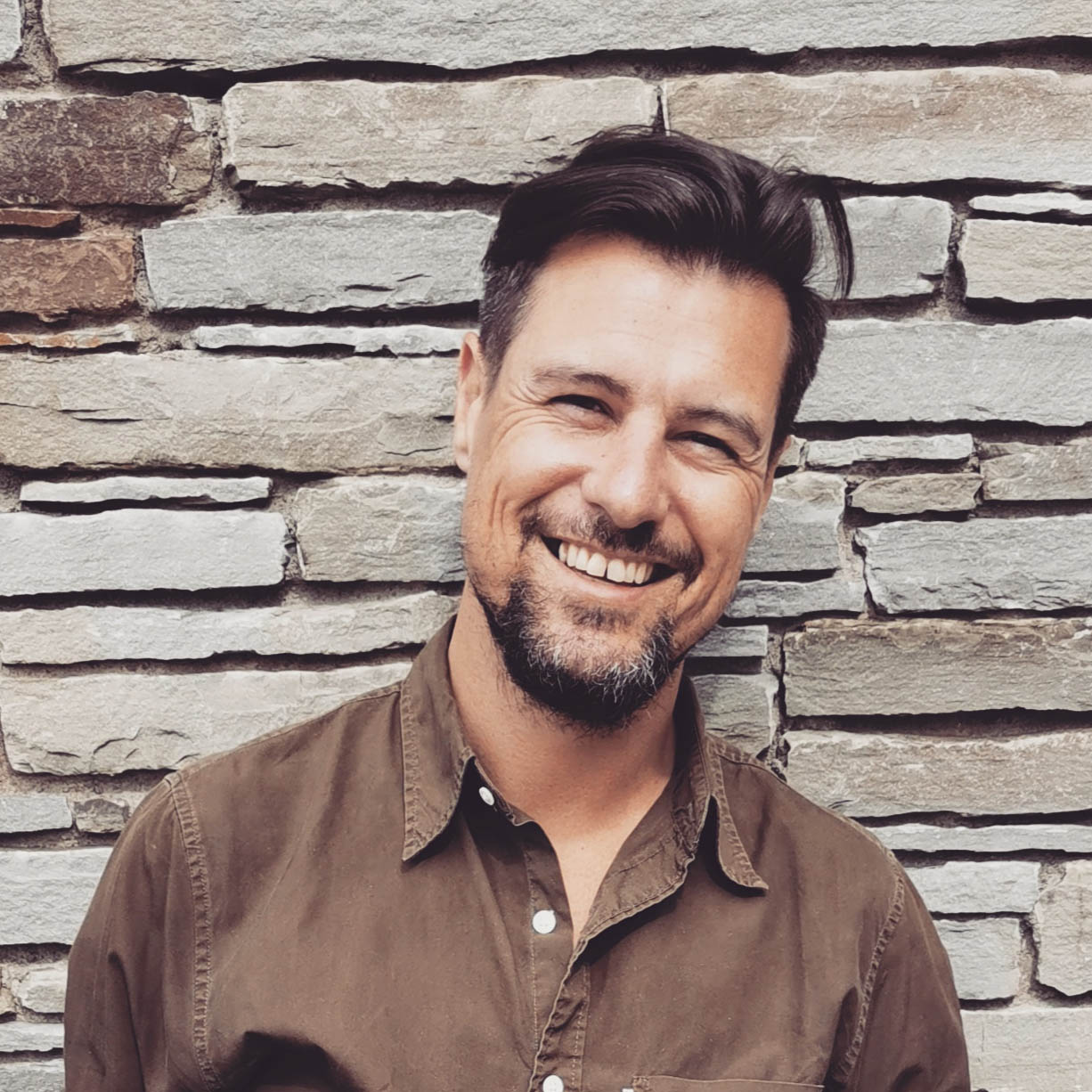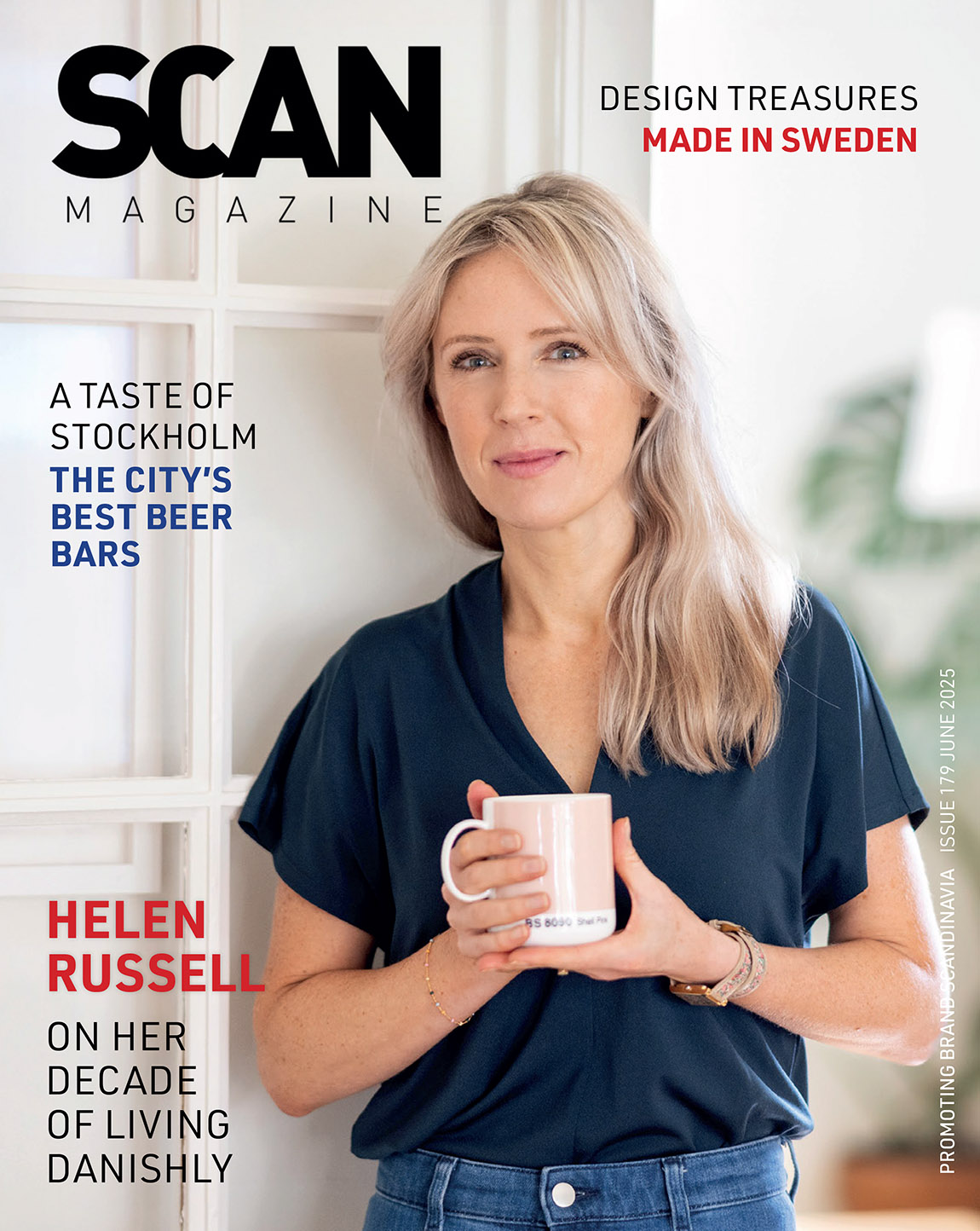Alison Allfrey in conversation with Xander Brett of Fika Online
Text & Photo: Xander Brett

Riding the wave of Scandi fascination, there’s been a growing output of books about living in Scandinavia recently. One author to share her time in Sweden is Alison Allfrey, a linguist who moved to Stockholm with her two boys for three years, while her husband worked for Ericsson. Travel, good food and exploring new cultures have always been part of Allfrey’s DNA, and her husband is, thankfully, obsessed with water and snow.
“When people come back from living abroad there’s often a ‘so what’ feeling,” Allfrey tells me over the phone. “But when I came back from Sweden, people wanted to know all about it. So when I wrote the book, I was not only sharing my experiences, but giving information to Brits who are so often tantalised by Sweden but still know very little about it.”
Allfrey’s book, So Sweden, chronicles the early stages of her time in Stockholm, which she describes as a metamorphosis from recalcitrant Brit to ardent Scandiphile. She chronicles her adventures across Sweden – from dogsledding, to skating on frozen lakes – revealing the challenges of expat life and the rewards of embracing rapidly changing, and clearly defined, seasons.
As a linguist, Allfrey’s posting in Stockholm was not her first spell abroad. She has travelled widely and lived in France during her studies. Can any of these other places be compared to Sweden?
“I think France and Sweden actually have a lot in common,” she replies. “Both France and Sweden have a strong belief that their country really is the best in the world. In fact, there’s a joke in the book about when you arrive in Stockholm, there’s a sign that reads, ‘Welcome to Stockholm: Capital of Scandinavia’. I don’t know who coined it, but Swedes certainly think it’s true!”
Allfrey admits that fervent national pride was unwelcoming at first as, living in such a self-sufficient, homogenous country, Swedes are often suspicious of outsiders. But she says learning Swedish helped her integrate. “It was strange,” she explains, “doing things like taking the metro and not being able to understand a word of what people were saying. But once I learned a few phrases, that feeling of alienation became less defined.”
Too many foreigners assume, given Scandinavia’s proficiency in English, that learning Swedish is not a prerequisite. Allfrey disagrees with that assumption. “It’s really sad that English is so dominant,” she says. “To me, the idea of living somewhere and not learning the language is absurd. Plus, Swedish is actually essential when filling out certain official documents.”
With its vast welfare state, such official documents are plentiful. So where did this idea of a democratic socialist paradise come from? “If you go back two or three hundred years,” she replies, “Sweden was a very rich country. Then, in the early 20th century, it became so poor people would lock their children in lofts just to keep them warm. I think there was a real feeling that to avoid such misery again, people needed to unite.”
Sweden’s welfare provision is one of the world’s most comprehensive. Despite its egalitarian society, however, Allfrey insists there is still a huge sense of individual onus. “When it snows,” she explains, “there are snowploughs and gritters, but you’re still expected to clear the area outside your house. It’s no Canada or Switzerland, where the snow is cleared before you by someone else. This is also true of the Swedish summerhouse concept. Most Swedes have a summerhouse to escape to at weekends and for much of July, but the idea of owning one is as much to work on them as to live there. There’s a very funny episode in the Welcome to Sweden series where Greg Poehler, newly arrived from America, visits his parents-in-law’s summerhouse in the Stockholm archipelago, and he’s shocked with just how much tinkering they do!”
Unlike Poehler, Allfrey is not married to a Swede. But there are surely impressions of Sweden she shares with him? “I actually saw him a couple of times when I was there,” she says, “and his comments on Swedish conformity are definitely something I can relate to. Of course, there’s this idea of ‘Jantelagen’, the Law of Jante, where nobody can think they’re anything special. And I noticed this in little things like winter coats. There are still rich families – even dynasties – in Sweden, but everyone wears only a few brands of coats, and only in ‘approved’ colours.”
Swedish conformity, Allfrey says, made a strong impression on her, but the Swedish proximity to nature made an even stronger mark. “We travelled around Sweden, but spent most of our time around Stockholm,” she explains, “and we found you can’t get closer to nature than in the city’s archipelago. There’s a place we went to ski only three and a half hours from Stockholm, and it was amazing how fast everything disappeared. We left the motorway and it was just one road all the way.”
Allfrey certainly seems to have discovered the perfect recipe for success in expat life. But what are her secrets? “Our recipe for happiness was to embrace everything,” she replies. “As a linguist, I embraced learning the language, as well as adapting to the changing seasons. I hope that, for expats everywhere, they realise there’s a responsibility that, being given this fun card, you must respect local conventions to make the most of your time.”
Alison Allfrey is the author of So Sweden: Living Differently, available to buy now on Amazon.
Alexander Brett is the editor of Fika Online, a blog dedicated to Nordic lifestyle, culture, travel and more. fika-online.com Disclaimer: The views and opinions expressed in this column are those of the author and do not necessarily reflect the official policy or position of Scan Magazine.
Subscribe to Our Newsletter
Receive our monthly newsletter by email





